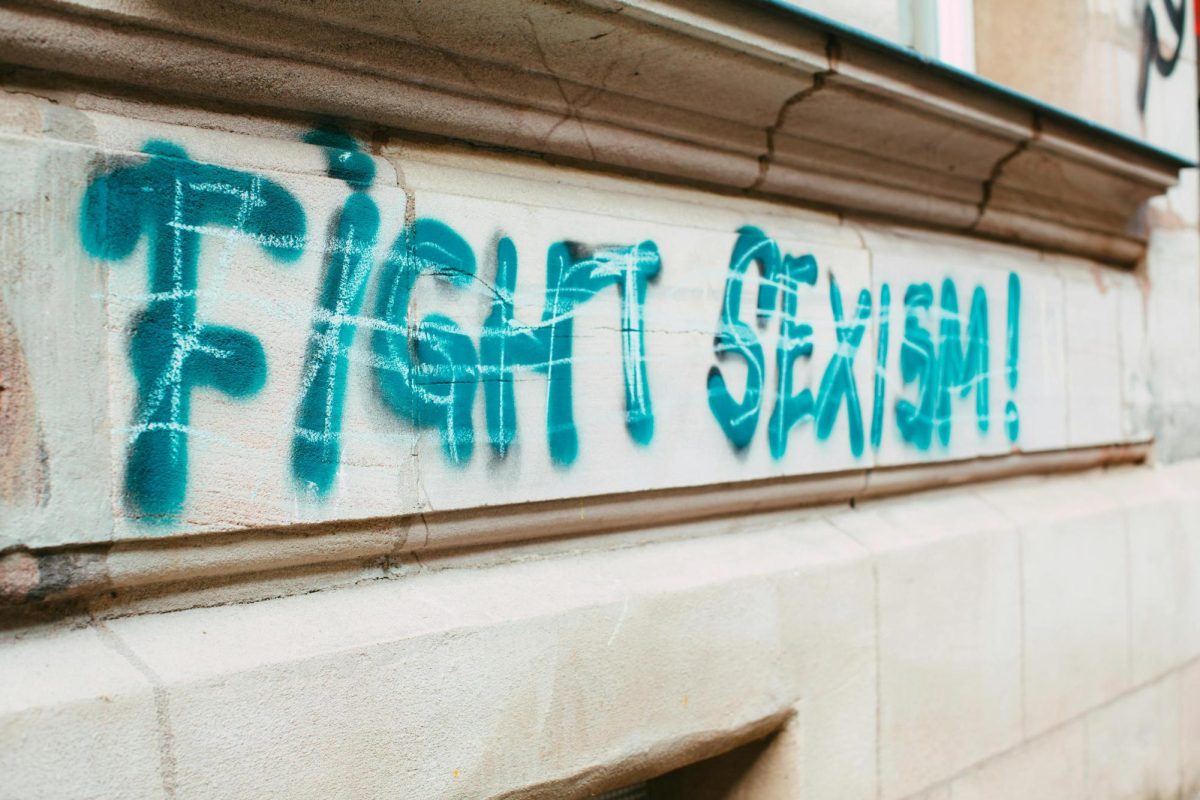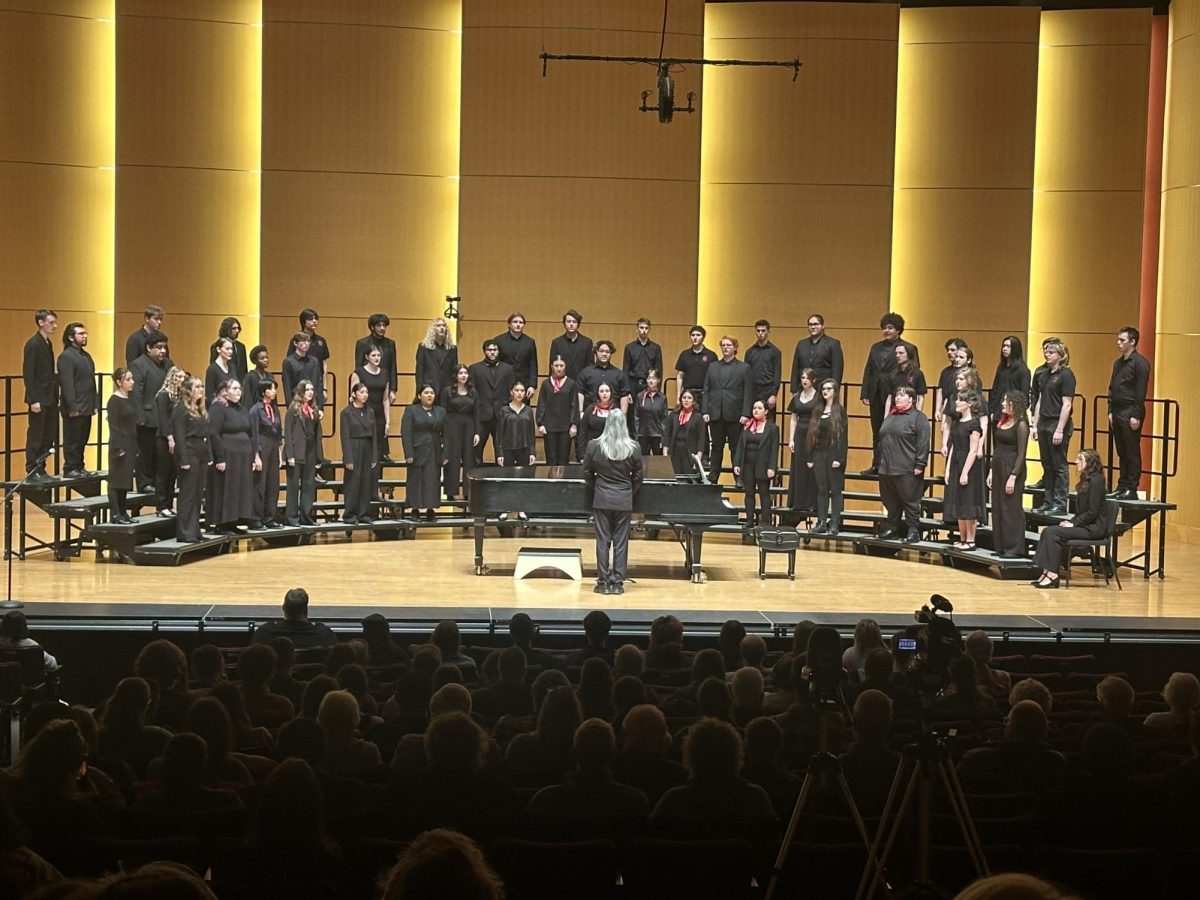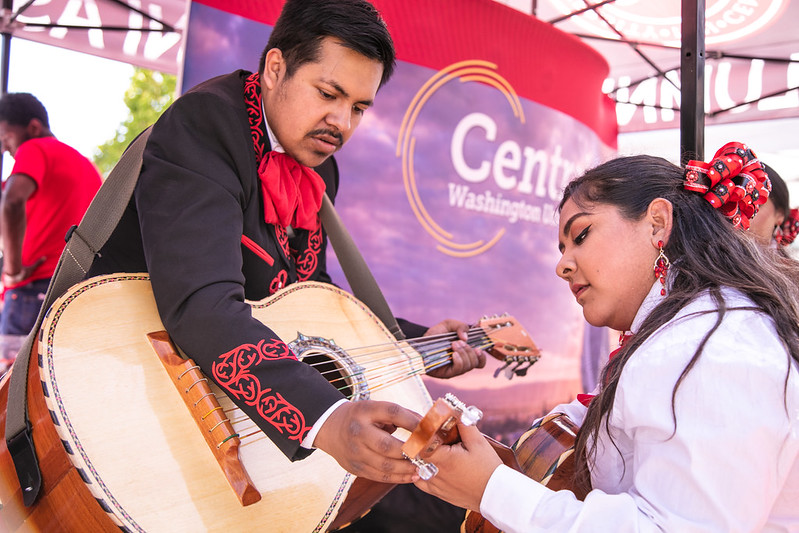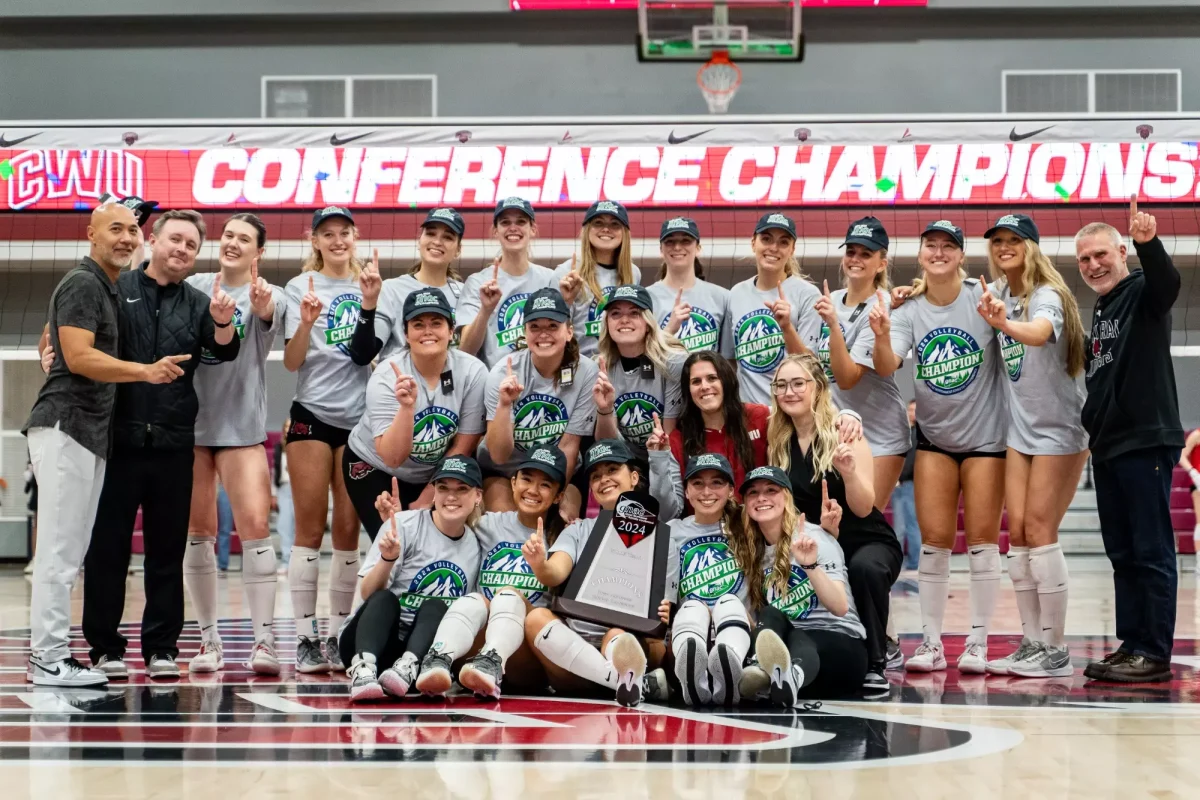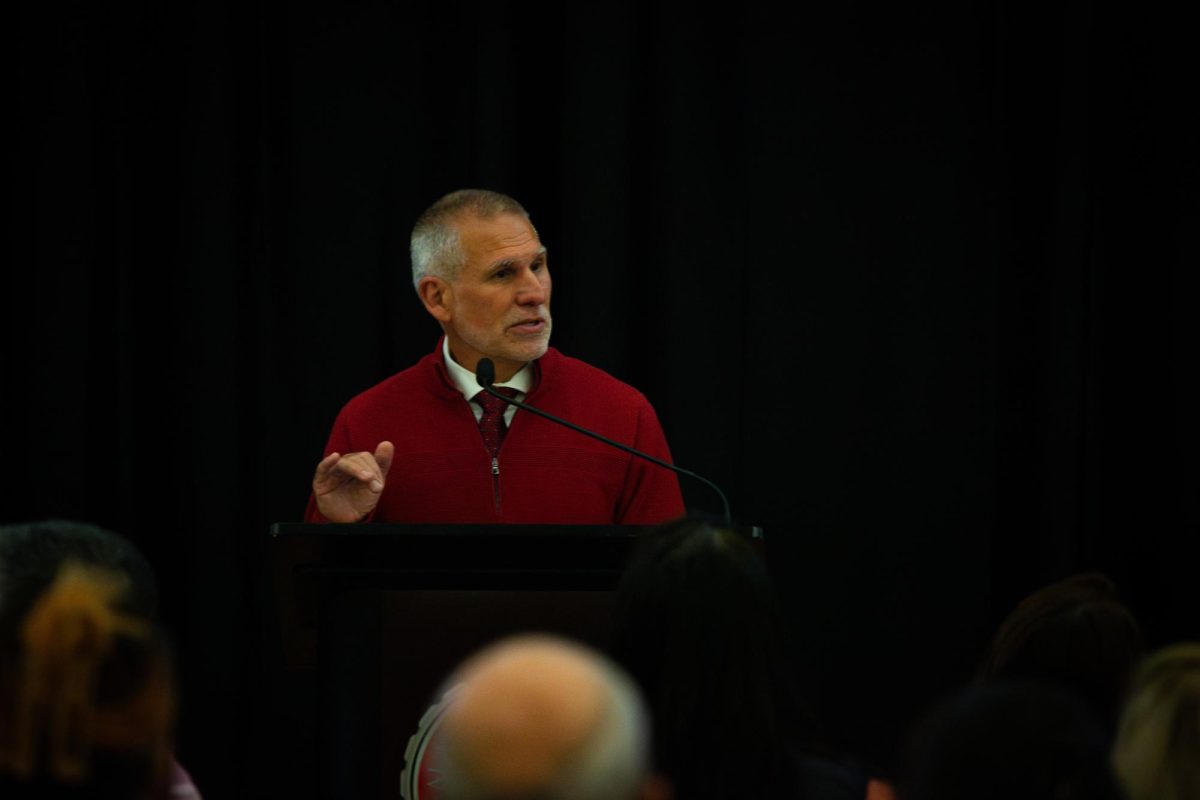The Writer’s Guild of America (WGA) and Alliance of Motion Picture and Television Producers (AMPTP) reached an agreement on a tentative new deal on Sept. 24, ending the 148 day long writers strike, according to Deadline.
The new contract, which is effective from Sept. 25, 2023 through May 1, 2026 brings pay increases, more jobs and regulations for artificial intelligence (AI) to all guild members.
Writers were able to return to work on Sept. 27th. Late night talk shows like “The Tonight Show with Jimmy Fallon,” and “Jimmy Kimmel Live!” have either returned or are set to return in the near future, and scripted production shall resume once the Screen Actors Guild-American Federation of Television and Radio Artists (SAG-AFTRA) strike has been resolved.
“We can say, with great pride, that this deal is exceptional – with meaningful gains and protections for writers in every sector of the membership,” the WGA negotiating committee wrote to members in an email on Sept. 24.
According to the WGA’s summary of the deal on wgacontract2023.org, minimum weekly rates will go up between 3.5% and 5% for all staff writers and Article 14 writers (story editors and executive story editors). On top of that, once three writers have begun work for a series before a series order, they are guaranteed 10 consecutive weeks of employment. Post-greenlight guarantees reach up to 20 weeks of employment.
“It’s hard for a writer to have a predictable, sustainable career if you’re constantly trying to find your next job because the one you’ve got is only going to last you six weeks,” said Michael Caldwell, senior lecturer of film at CWU and former production executive at Walt Disney Studios.
New requirements for writers rooms have been implemented as well. Minimums of three, five and six writers are required for shows with an episode order of six or fewer, 7-12 and 13+ respectively.
Also implemented are new protections against AI. AI officially cannot be used to write or rewrite literary material, and AI-created material cannot be considered source material. Companies must also disclose to writers if they’ve been given AI generated material to rewrite.
“[AI] goes out there and looks at as many samples as it can get its hands on and then creates an average,” said Caldwell. “It’s not looking for creativity, it’s looking for a medium.”
Jobs in Hollywood have already been threatened by AI. The Hollywood Reporter broke in Jan 2020 that Warner Bros. Pictures had signed a deal to pursue AI-driven film management.
“It’s not that smart now,” said Caldwell. “Three years from now, it’s gonna be a lot smarter. I think these rules on AI are about protecting writers as AI grows into an 800 pound monster that could take writing jobs away.”
The deal also explains how writers are able to use AI when writing if they choose to. However, the company must consent and the writer must follow the company’s accompanying policies.
“For people who are using it properly, it can be a very helpful tool,” Caldwell said. “When you’re stuck on a plot point and you just want to brainstorm, [AI] can be very helpful when you’re in that phase of the process.”
Another matter for the WGA in negotiations was transparency on streaming data, and receiving proper compensation when their shows and movies perform well. Now, writers will receive a bonus equal to 50% of the fixed domestic and foreign residual for their made-for-streaming shows and movies that are viewed by at least 20% of the streaming services domestic subscribers within the first 90 days of release.
“Streaming, in the form of Netflix especially, is about re-airing content,” Caldwell said. “How can writers be compensated for re-airing content … That was one of the things this contract sought to correct.”
Studios and services have also agreed to share the total number of hours streamed from their original series with the members of the Guild.
The strike, the second longest of all-time behind the 154 day writers strike of 1988, had been in effect since May 2. The WGA and AMPTP initially began their negotiations on March 20, talks continued through the following month but ultimately resulted in the WGA going on strike.
According to the WGA social media accounts, on Aug. 1, AMPTP President Carole Lombardini prompted the WGA to get together again to discuss a new deal. Talks restarted on Aug. 4 and continued through Aug. 22 when, according to Puck News, the AMPTP presented their “best and final offer”. The WGA declined the offer.
On Sept. 20, the WGA and AMPTP released a joint statement indicating that negotiations had begun again, and the deal was completed shortly after on Sept. 24.



